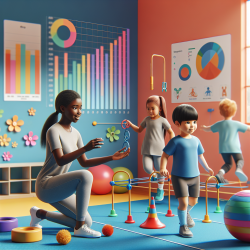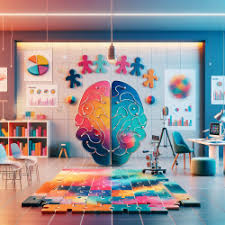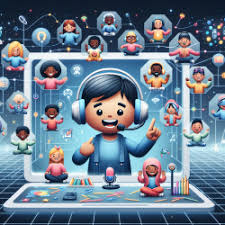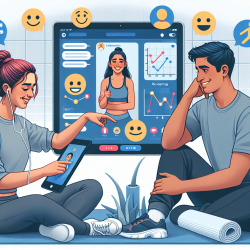As a speech-language pathologist, you understand the importance of evidence-based practices in creating successful outcomes for children. A recent study titled "Catching-up: Children with developmental coordination disorder compared to healthy children before and after sensorimotor therapy" offers valuable insights that can enhance your practice.
This study involved 298 children, comparing those diagnosed with Developmental Coordination Disorder (DCD) to healthy children. The DCD group underwent sensorimotor therapy (SMT) for an average of 36 months. The therapy included exercises like fetal and infant movements, vestibular and tactile stimulation, auditory stimulation, complementary play exercises, gross motor milestones, and sports-related gross motor skills.
Key findings from the study include:
- The Norm group performed better on all sensorimotor tests compared to untreated children from the DCD group, except for an audiometric test where both groups performed similarly.
- After SMT, children with DCD showed significant improvement and caught up with their healthy peers in sensorimotor performance.
- Girls in both groups performed better on tests assessing proprioceptive and balance abilities.
Here’s how you can apply these findings to your practice:
Implement Sensorimotor Therapy
The study underscores the effectiveness of SMT in helping children with DCD catch up with their peers. Consider integrating similar sensorimotor exercises into your therapy sessions. These could include:
- Stereotypical fetal and infant movements
- Vestibular and tactile stimulation
- Auditory stimulation
- Complementary play exercises
- Gross motor milestones
- Sports-related gross motor skills
Focus on Individualized Therapy
Each child is unique, and the therapy should be tailored to their specific needs. The study showed that children practiced about 15 minutes per day at home, monitored by their parents. Regular assessments and adjustments to the therapy plan are crucial for optimal outcomes.
Engage Parents in the Process
Parental involvement was a significant factor in the success of the therapy. Encourage parents to participate actively in their child's therapy by practicing exercises at home and attending regular review sessions.
Monitor and Evaluate Progress
Regular assessments using tools like the Retraining for Balance–Physiological Test and Orientation and Balance Test can help track progress and make necessary adjustments to the therapy plan. This data-driven approach ensures that the therapy is effective and tailored to the child's evolving needs.
To read the original research paper, please follow this link: Catching-up: Children with developmental coordination disorder compared to healthy children before and after sensorimotor therapy.










